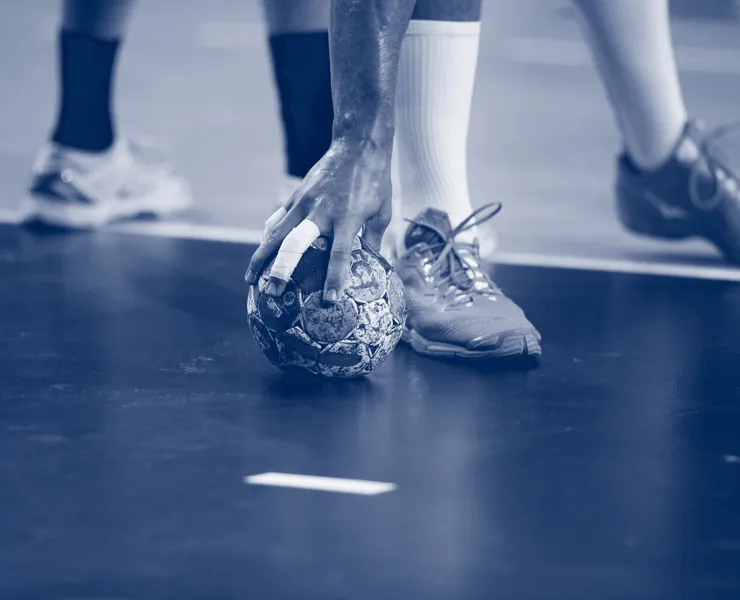The EHF EURO 2024 is the first women's tournament with 24 teams – what can fans expect from the increase and what was the reason for the change?
Michael Wiederer: In total, we now have the 32nd EHF EURO in the senior category, 16 each for women and men. And for the men, we had the first tournament with 24 participants and three hosts in 2020. Since the EHF structurally treats all men's and women's competitions equally, it was obvious that this increase of participants would also come for the women’s tournaments.
The experience with the men has shown that from 1994 to 2018, 75 per cent of the participants were constantly the same. For the midfield teams in Europe, this meant that the motivation to take part in a qualification was not so big because the chance of clinching the berth for an EHF EURO was quite small. With the qualification for 2020, this has changed completely; the interest, but also the performance level in the qualifications were much greater all over. These nations have benefited enormously from the increase – and the results were seen at the latest at the EHF EURO 2024, when teams like Bosnia and Herzegovina, Georgia and the Faroe Islands played very strongly in the field of the big nations and were not easy to beat.
Can this experience be directly transferred to the women's tournaments?
Michael Wiederer: That will be answered in 2028, because with the men we were only able to see this trend clearly after the third tournament with 24 teams. We will now see some clear results in the women’s tournament, but in general the increase to 24 teams will also have a positive effect, the quality will increase, I am very sure.
How do you rate the two debutants, Türkiye and the Faroe Islands?
Michael Wiederer: The Faroe Islands are a perfect example of the development of a federation. First they qualified for the European youth tournaments, performed well there and then made it to the Men’s EHF EURO. The women have now followed very quickly. And Türkiye has been working towards this goal for many years.
The Women's EHF EURO 2024 is also the first tournament in the new Olympic cycle – will that also have an impact?
Michael Wiederer: Yes, the women always start anew and some teams have also seen significant changes in the squad in the new cycle. Some of Norway's stars have retired, there has been a shake-up in Romania and other countries. This transition will also have an impact on the results, and there might even be surprises up to the top. Other teams that went through this change two or four years ago and are now well-rehearsed may have an advantage.
Even though the hosts Austria, Hungary and Switzerland remain the same, the EHF EURO 2024 was originally planned differently. How do you rate the preparation in this context?
Michael Wiederer: In early 2023, the Hungarian federation stated that they were not able to organize the main round and the final weekend in Budapest. Together with the EHF, the three host countries then looked for a solution, and now the final weekend will take place in Vienna. The EHF is now using this fact to organise numerous side events in Vienna, from the Women's Handball Conference to the presentation of the EHF Excellence Awards, the Congress and of course the inauguration of the EHF's new ‘European Handball House’. The song by internationally known Austrian artist Falco " Vienna Calling" thus became "Handball Calling". In Vienna, the entire European handball world will be united for a few days, with the different groups meeting there for a total of nine events in the supporting programme.








